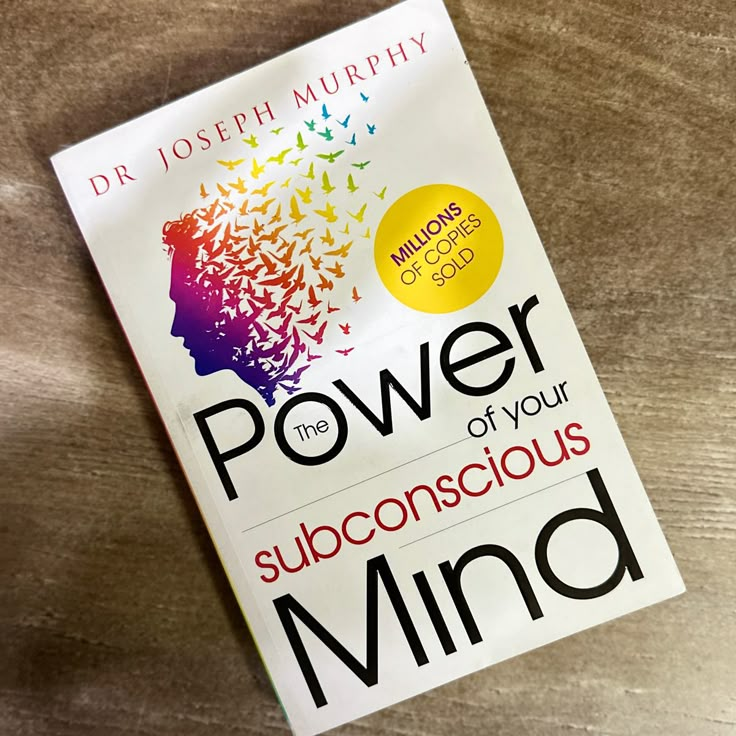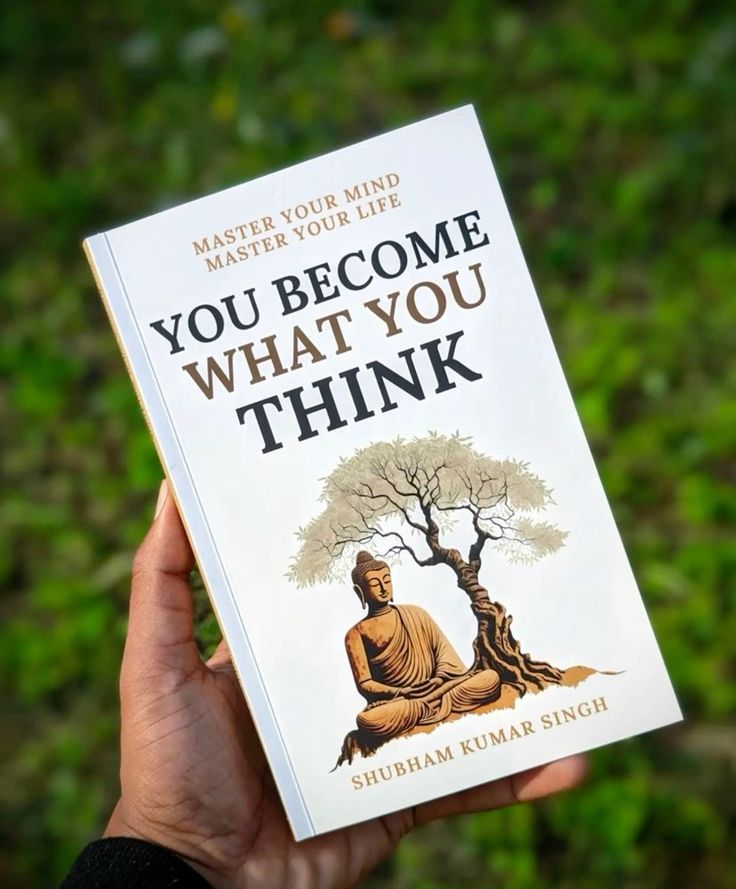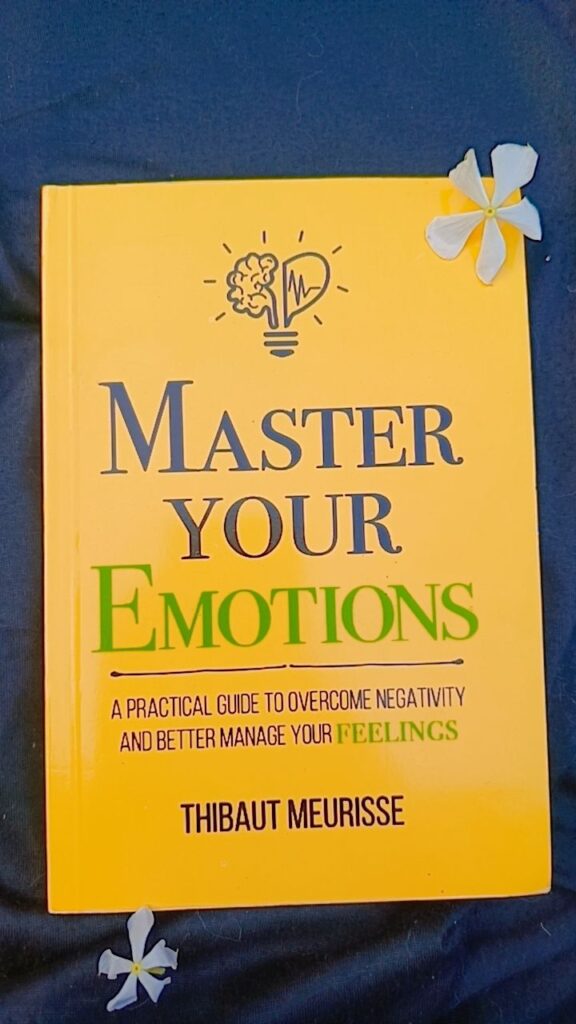
Introduction: Unlocking the Power of Books for Your Mind
In today’s fast-paced digital world, mental health challenges are becoming increasingly common. Anxiety, stress, burnout, and depression are affecting people across all age groups. Amidst this growing crisis, a simple, often overlooked habit offers powerful relief — reading.
Reading is more than just a leisure activity; it’s a form of mental nourishment. Whether you’re flipping through a novel, absorbing personal development books, or exploring poetry, daily reading can significantly improve your emotional and psychological well-being. This blog dives deep into the mental health benefits of daily reading and how you can build this life-changing habit.
H2: The Science Behind Reading and Mental Health
How Reading Stimulates the Brain
Reading engages various areas of the brain responsible for language, vision, and emotion. MRI scans show that when people read, their brain connectivity increases — not just during reading, but for days afterward. This neural stimulation helps with memory, cognition, and emotional regulation.
Reduction in Stress Levels
A landmark study by the University of Sussex found that reading can reduce stress by up to 68%, outperforming other stress-relief methods like listening to music or drinking tea. When you’re absorbed in a book, your mind drifts away from daily worries, allowing you to decompress and regain emotional balance.
H2: Emotional Benefits of Reading
1. Reading Boosts Empathy and Emotional Intelligence
Books allow you to live vicariously through characters, understanding their struggles, dreams, and emotions. This enhances empathy, a crucial component of emotional intelligence. According to research, fiction readers score higher on empathy tests, which improves interpersonal relationships and social interactions.
2. Reading Reduces Feelings of Loneliness
Many people battling depression or anxiety report feelings of isolation. Reading provides companionship. When immersed in a book, you often feel connected to characters or the author’s thoughts, reducing the burden of loneliness and enhancing your sense of belonging.
3. Reading Inspires Hope and Resilience
Stories of triumph, healing, and transformation often encourage readers to see their own struggles differently. Reading about someone overcoming adversity can plant the seed of resilience in your own mind. This can be particularly effective in mental recovery journeys.
H2: Psychological and Cognitive Gains
1. Reading Improves Focus and Concentration
In the age of constant digital distractions, many people suffer from reduced attention spans. Regular reading is like a workout for your attention span — it forces you to focus on one thing for an extended period. Over time, this sharpens your concentration and mental clarity.
2. Reading Helps with Better Sleep
Establishing a bedtime reading ritual can help signal your body that it’s time to wind down. Unlike screen time, which disrupts melatonin production, reading a physical book relaxes your mind. This can result in better quality sleep, essential for emotional and mental recovery.
3. Reading as a Form of Meditation
Reading, especially fiction or self-help books, can produce similar effects to meditation. It calms the nervous system, lowers blood pressure, and brings the mind into the present moment. This makes it an excellent daily mental reset.

H2: Types of Reading That Improve Mental Health
1. Fiction Books
Novels, especially those with rich character development and emotional arcs, help increase empathy, reduce stress, and stimulate creativity. Genres like fantasy, historical fiction, and contemporary drama are popular for their immersive qualities.
2. Poetry
Poetry provides deep emotional resonance and reflection. It’s especially effective for those dealing with grief, heartbreak, or existential thoughts. The lyrical nature of poetry allows for a profound emotional release.
3. Self-Help and Mental Health Books
Books written by psychologists, therapists, or motivational speakers offer practical insights, coping mechanisms, and therapeutic exercises. These books can act like a mini-therapy session, helping you understand your own mind better.
4. Spiritual or Philosophical Texts
Spiritual literature from traditions like Buddhism, Stoicism, or even modern mindfulness guides promote inner peace, acceptance, and purpose — all crucial components of mental well-being.

H2: How to Build a Daily Reading Habit for Mental Wellness
1. Start Small
Begin with just 10–15 minutes a day. Choose a book that genuinely interests you. As you enjoy the process, naturally extend the time.
2. Create a Reading Routine
Pick a consistent time — early morning, during lunch breaks, or before bed — and create a cozy, quiet environment. Associating reading with comfort makes it easier to stick with.
3. Use Physical Books
While eBooks and audiobooks are convenient, physical books offer a tactile experience that can be more relaxing and immersive, especially if you’re reading before bedtime.
4. Keep a Reading Journal
Jotting down your thoughts, quotes, or emotional reactions to a book enhances reflection and deepens the emotional benefits of reading.
5. Join a Reading Community
Participating in book clubs or online forums adds a social aspect to your habit. Sharing interpretations and feelings about a book can be therapeutic.
H2: Reading as a Tool for Specific Mental Health Challenges
1. Reading for Anxiety
Books with calming narratives, nature descriptions, or those focused on mindfulness can help ease anxiety. Journaling alongside reading can further enhance the calming effects.
2. Reading for Depression
Fiction with hopeful messages, inspirational biographies, and cognitive behavioral therapy-based books are particularly effective. Avoid overly dark or tragic material in the beginning stages of recovery.
3. Reading for Trauma Recovery
Bibliotherapy, a practice used by therapists, involves using specific books to help process trauma. Reading about others who’ve overcome similar struggles can be deeply validating and healing.
4. Reading for Self-Identity and Growth
Books on personal development, identity, gender, culture, and psychology help individuals navigate self-discovery, acceptance, and purposeful living.
H2: Real Stories — How Reading Changed Lives
Case Study 1: Sarah’s Journey Through Grief
After losing her father, Sarah struggled with depression. She began reading books on grief, like “The Year of Magical Thinking” by Joan Didion. Slowly, the words helped her understand her emotions and grieve in a healthier way.
Case Study 2: Rahul’s Fight Against Anxiety
Rahul, a software engineer, dealt with chronic anxiety. He started reading “The Power of Now” by Eckhart Tolle every morning. Within weeks, his anxiety reduced, and he felt more present and grounded.
Case Study 3: Anika’s Self-Worth Struggles
Anika had always felt inadequate. After reading “You Are a Badass” by Jen Sincero, she started believing in herself. She now credits daily reading for her self-confidence and emotional healing.
H2: Tips to Choose the Right Books for Mental Healing
- Identify Your Emotional Needs: Are you looking for comfort, motivation, escape, or understanding?
- Avoid Triggering Content: Be mindful of books with themes that might worsen your mental state.
- Read Reviews: Goodreads or Amazon reviews can help you gauge the emotional tone of a book.
- Ask for Recommendations: Mental health professionals, librarians, and fellow readers can guide you.
- Trust Your Intuition: Sometimes, the right book finds you — trust your instinct when picking one.
H2: Reading and Mindfulness — A Perfect Pair
When you read mindfully, you immerse yourself fully in the present moment. This strengthens your mindfulness muscle, helping you become more aware of your thoughts, emotions, and surroundings. Books that promote mindful practices include:
- “Wherever You Go, There You Are” by Jon Kabat-Zinn
- “The Miracle of Mindfulness” by Thich Nhat Hanh
- “Radical Acceptance” by Tara Brach
Mindful reading isn’t just about consuming content — it’s about experiencing the words, feeling them, and reflecting on their meaning.
H2: Digital Detox and the Return to Paper Books
Screens are a major source of mental fatigue. Excessive social media use is linked with higher rates of anxiety, depression, and low self-esteem. Replacing some screen time with reading not only improves focus and mood but also restores balance to your digital life.
Choose to unplug daily — even 30 minutes with a book instead of scrolling can work wonders for your mental clarity.
H2: The Role of Bibliotherapy in Professional Settings
Many therapists now incorporate bibliotherapy — the use of literature for healing — into their practice. This can include:
- Assigning specific books to patients
- Encouraging reflective journaling after reading
- Discussing characters as metaphors for real-life struggles
Bibliotherapy is particularly helpful for people who are hesitant to open up verbally. Books provide a safe distance while still promoting deep emotional exploration.
Conclusion: Read to Heal, One Page at a Time
The path to mental wellness doesn’t always require drastic changes. Sometimes, all it takes is the right book at the right time. Daily reading is a gentle, powerful tool to nurture your mind, ease your emotions, and inspire hope. Whether you’re on a healing journey or simply seeking peace in a chaotic world, books can be your companions, teachers, and therapists.
So pick up a book today — and let it heal you, one page at a time.
